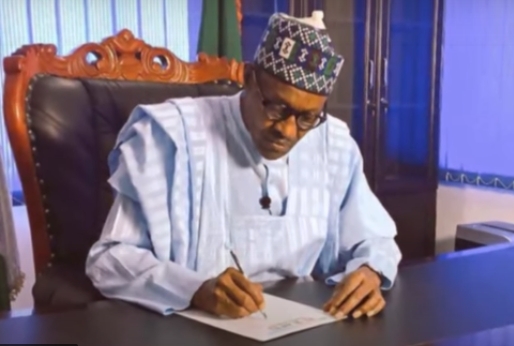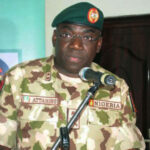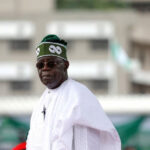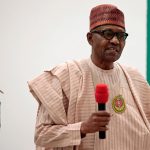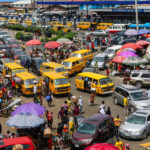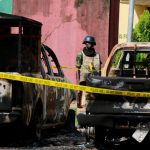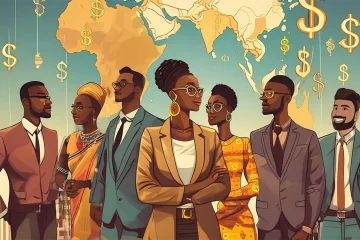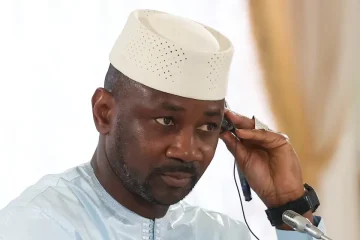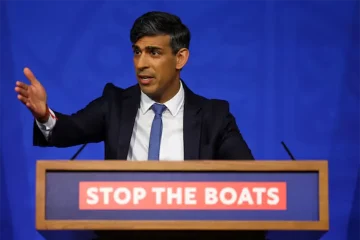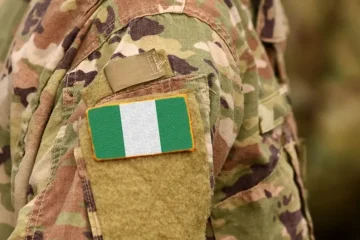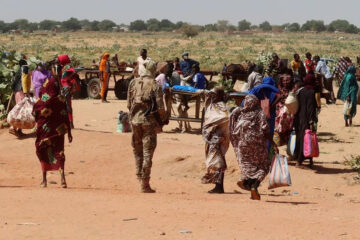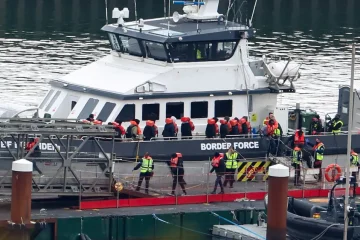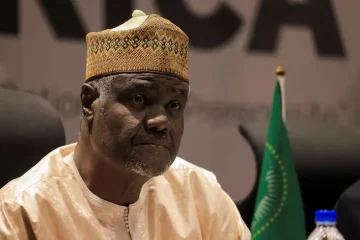NIGERIAN President Muhammadu Buhari has appointed a new military high command, after years of mounting criticism over spreading violence by Islamist insurgents and armed gangs.
“President Buhari thanks the outgoing Service Chiefs for what he calls their ‘overwhelming achievements in our efforts at bringing enduring peace to our dear country’,” the presidency spokesman said. He told Reuters later that some of the chiefs had resigned while others retired.
Leo Irabor was named to the powerful Chief of Defence Staff post, which oversees the main military branches, the presidency spokesman said, while I. Attahiru, A.Z. Gambo and I.O. Amao would command the army, navy and air force respectively.
Hopes were high after initial successes pushing back Islamist Boko Haram insurgents in 2015 and 2016, but with the rise of Islamic State’s West African branch, formerly part of Boko Haram, the military ceded many of its gains.
Now, swathes of the northeast of Africa’s most populous country and biggest oil producer are out of government control, with soldiers hunkered down in defensive positions and regularly killed by insurgents while on patrol.
Armed gangs have surged through Nigeria’s northwest since Buhari was first elected in 2015, kidnappers patrol many of the country’s roads and conflict between farmers and herdsmen has frequently spiked. In the Gulf of Guinea where Nigeria’s offshore oil wealth is concentrated, piracy is on the rise.
As disorder has worsened, the military has also attacked civilians, drawing condemnation from many countries that have since often refused to sell weapons and equipment to Nigeria – supplies the government says are needed to neutralise insurgents undermining public security.
Last October, police and soldiers killed at least 12 people in Lagos taking part in protests against police brutality, according to witnesses and rights group Amnesty International.

